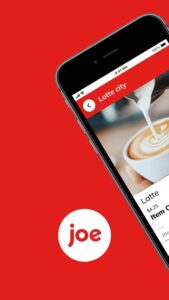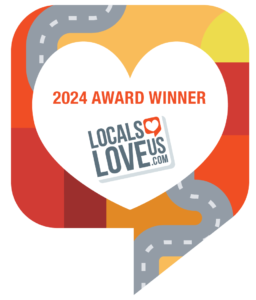Cafe del Sol Roasting
- Lisa Edwards
- Oct, 29, 2019
- Friends of Press
- Comments Off on Cafe del Sol Roasting
Roasting beans for 30 years now, Cafe del Sol has never had a storefront attached to their operation, but their coffee can be found at various places around the Corridor. Starting out at his own home in the late ’80s, Stephen Dunham set out to make the best coffee while maintaining the smallest footprint. Visiting his roasting location on the Southwest side of Iowa City provided insight into how his craft has evolved over his many years in the business.
Of the three coffee roasters that provide beans to Press Coffee, Cafe del Sol was the one I knew the least about despite drinking their coffee the longest. I previously wrote about our other two roasters, Capanna and Kickapoo, both of which utilize a drum-style roaster and have accompanying shops to sell their products. I discovered that not only does Cafe del Sol differ by their focus on just roasting beans, but their method of roasting as well.
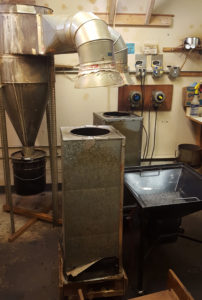
A typical coffee roaster spins the green coffee inside a drum, using radiant heat, similar to a clothes dryer. At Cafe del Sol, they use a Sivetz fluid bed air roaster which uses heated air to roast coffee, much like a popcorn popper. (A machine you can use at home to roast your own beans, by the way.) A traditional drum machine rotates the beans so they heat evenly, but in the Sivetz they get fully roasted by levitating in the hot air. This also means that the bean is hotter than any surface, removing the possibility of burning or charring. This method is a more efficient way of roasting and is said to have a cleaner-tasting end product. Stephen’s first 40 batches were roasted in the basement of his townhome for friends but he has now roasted over 100,000 batches, eight pounds at a time.
Keeping a strict inventory of what they sell and roast is not only good for business but necessary for Cafe del Sol’s USDA Organic certification. Obtaining it in 2003, they have to maintain meticulous records of a bean’s journey from the importer to the hands of the customer. At the end of the farmer, an Organic label means that they have to go through a strict vetting process, get tested for 140 chemicals and more. Even still, they have to maintain organic practices for three years before getting their official certification. It’s time-consuming and costly, and as we’ve previously mentioned, the poor wages of coffee farmers these days may prohibit them from getting certification despite growing coffee organically.
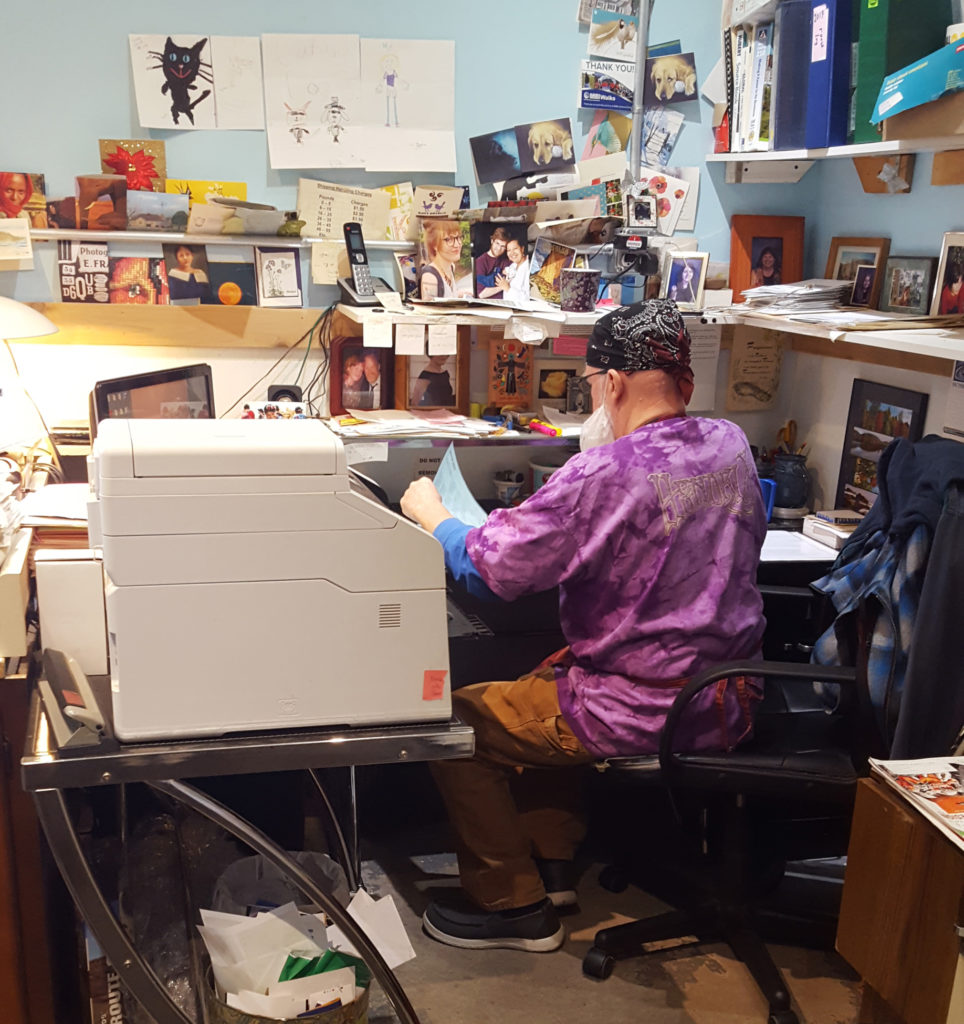
The intensive nature of certification is the reason why Cafe del Sol has the Organic label but not one for Fair Trade. This certification ensures things like a minimum price per pound and environmental stewardship. That doesn’t mean Cafe del Sol’s coffee isn’t fairly traded, however, they aim to work with farms that are socially and environmentally sustainable. Most of their beans are in fact Fair Trade certified through the importer, but since they could only afford to pursue one certification, Stephen chose Organic. That’s why many of the coffees have a lowercase ‘ft’ next to the name instead of a capital ‘FT’.
As far as their local impact on the environment, Cafe del Sol adds less than 30 pounds of waste to the landfill a month. Otherwise, they use recyclable and biodegradable packaging, reuse what they can, and compost the rest. They donate leftover beans to local organizations such as Shelter House and have sent coffee to the Water Defenders at Standing Rock. The beans they deliver to Press come in reusable jugs, eliminating any single-use packaging for the journey across town. Many of their business practices support not only the farmers at origin but the local community as well.
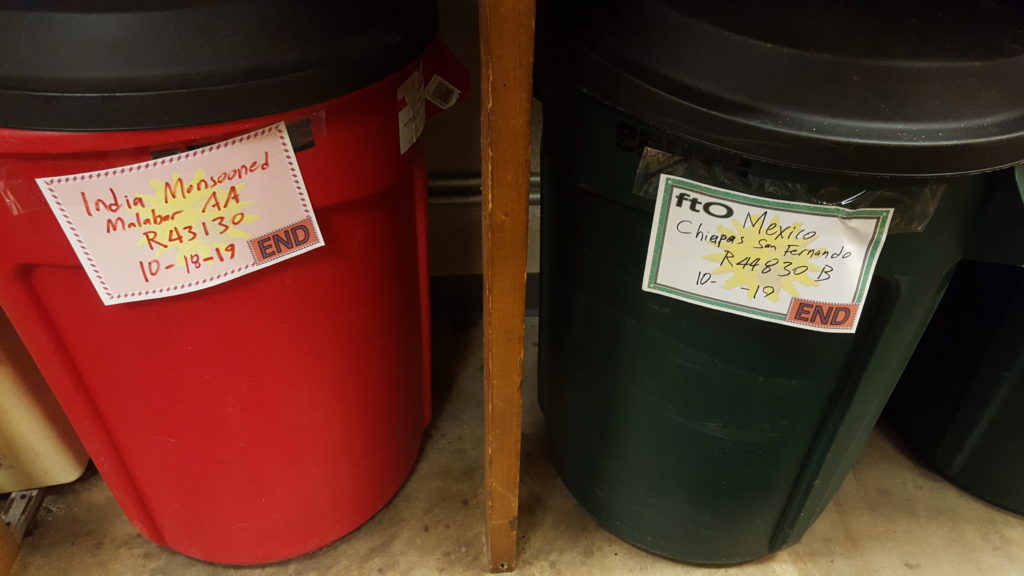
Starting this business was a way for Stephen to elevate his passion for good coffee, but it also made it easier to raise his daughter at the same time. He likes to pass that on to his current employees by providing them flexible part-time work that can fit into their busy lives, but at the same time laments that he can’t afford to provide any of them with full-time work. With the rising popularity of coffee, Cafe del Sol has been feeling the heat of competition. As the longest independent roaster in the area, and likely the state, he has seen other roasters come and go but is now sharing the community with the likes of Java House, Capanna, Dash, and Wake Up Iowa City, not to mention the larger chain cafes that have popped up.
Cafe del Sol’s beans can be found at grocers such as Hy-Vee and New Pioneer Co-op as well as the Iowa City Farmer’s Market. They deliver to a variety of places in Iowa City, Coralville, North Liberty, Cedar Rapids, and Mount Vernon. At Press Coffee, they provide us with two roasts from the darker end of our selection. The Peruvian is an Organic and fairly-traded single-origin bean that is heated to the sweetest stage of caramelization to create a velvety Vienna roast. The Turkish Blend is a smooth French roast that is also Organic and fairly-traded but consists of three Central American beans.
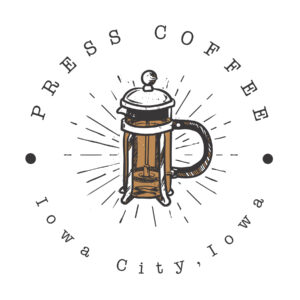
Pressing Newsletter
Social
Find us online:
Facebook
Instagram:
@PressCoffee_ic
@PupsofPress
TikTok
Yelp
Order through the Joe Coffee app!
